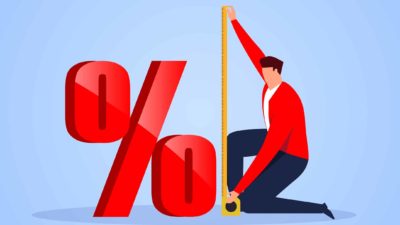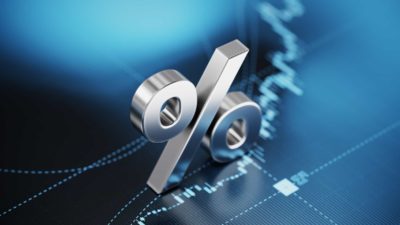The Australian community was treated to an interesting piece of economic data yesterday. As revealed by the Australian Bureau of Statistics (ABS), Australia's national unemployment rate rose from 3.6% to 3.7% in April.
One could be forgiven for thinking that this was bad news. After all, more people not working doesn't seem like a good thing. Yet the ASX stock market seemed to get a bit of a boost when this news was revealed yesterday.
Why was this the case? Well, the latest jobs data wasn't the only piece of economic news we were treated with this week. As my Fool colleague Bernd covered on Wednesday, we also saw the latest wages data revealed that day as well. This revealed that wages for the March quarter rose by 0.8%. That was slightly below the forecast of 0.9%.
So we have higher unemployment and slower wage growth than what was expected. Again, not entirely good news, it would appear.
What does unemployment have to do with the stock market?
Well, not so fast. The number one concern for investors right now is arguably inflation. For the past 12 months or so, the Reserve Bank of Australia (RBA) has been battling to bring rampant inflation under control. That's why the RBA has raised interest rates 11 times over 2022 and 2023 thus far.
The RBA keeps a watchful eye over economic data such as wage growth and unemployment numbers. And what lower-than-expected growth and higher-than-expected unemployment indicates is a slowing economy. This is exactly what the RBA wants to see, as it indicates that inflation is slowing as well.
As such, there is now a lower chance that interest rates will continue to rise over the rest of the year. Yesterday, Abhijit Surya from Capital Economics said as much when speaking to the Australian Financial Review (AFR). Here's some of what he said:
…we expect labour market conditions to continue to slacken going forward, as economic activity slows sharply. Indeed, falling job vacancies point to the unemployment rate continuing to climb higher in the coming months.
Because of this, Capital Economics is predicting that the " jobs report combined with yesterday's wages data should keep the Reserve Bank from raising rates any further".
If that is indeed the case, it would be good news for the stock market and ASX shares. When rates rise, it lowers the attractiveness of non-cash assets like shares. Thus, if rates are no longer expected to keep going up, it is theoretically good news for the Aussie stock market. That's probably why ASX shares have had such a strong showing over both yesterday's and today's sessions.
If rates have indeed hit their peak, it would be unquestionably good news for ASX shares and the share market. That is not yet a foregone conclusion — next month's data could show wages picking up and unemployment falling.
But the more data that comes out that points to falling inflation, the better the odds that the stock market keeps going up.









